Pentamidine is an active ingredient that u. a. used to treat so-called West African trypanosomiasis, which is also known as sleeping sickness. Pentamidine can lead to very strong side effects, which is why the drug should always remain the last resort.
What is pentamidine?
The drug pentamidine is used in human medicine to treat West African trypanosomiasis (West African sleeping sickness) and certain diseases caused by Pneumocystis jirovecii.
Because of its chemical and pharmacological properties, the drug is known as an antiprotozoal. This is understood to mean active substances that are used to fight infection if the cause of the infection can be traced back to a single pathogen (protozoa).
Pentamidine was deliberately and specifically developed in England in the early 1930s to combat West African trypanosomiasis. In chemistry, pentamidine is described by the empirical formula C 19 - H 24 - N 4 - O 2, which corresponds to a moral mass of 340.422 g / mol. It is sold under the trade name Pentacarinat®. There are strict pharmacy and prescription requirements.
Pharmacological effect on the body and organs
Pentamidine attacks the metabolism of the targeted pathogens at various points. It is effective against Pneumocystis jirovecii and the causative agent of West African stroke disease, which the active ingredient was specifically developed to combat.
The effect of pentamidine is considered parasitic. The drug kills pathogens effectively and sustainably.
Medical application & use for treatment & prevention
Pentamidine can be used against several pathogens belonging to the group of protozoa. The medical field of application of pentamidine therefore extends not only to the treatment of sleeping sickness but also to the control of Pneumocystis jirovecii. These fungi come from the genus Pneumocystis and are considered to be the causative agent of particularly severe pneumonia, which occurs mainly in immunocompromised people (e.g. AIDS patients) or infants.
There is also an indication for a diagnosed leishmaniasis. This is a subtropical infectious disease.
Pentamidine is mainly used as isethionate. For the treatment of sleeping sickness and leishmaniasis, however, the active ingredient is usually administered parenterally, i.e. past the intestine. Injections and infusions can be considered.
Patients who have AIDS and who consequently have severe pneumonia are usually given pentamidine by inhalation. The reason for this is that the likelihood of side effects and their intensity can be reduced by inhalation.
Since pentamidine can have very strong and sometimes dangerous side effects, the active ingredient is always the last available means of therapy. The drug is therefore considered to be the last resort. This results in a strict pharmacy and prescription requirement.
The active ingredient may only be given to patients after prior prescription. Medical supervision is indicated during the period of use. This is usually ensured by the fact that infusions and injections are carried out by medical specialists and that inhalation is only carried out under appropriate supervision.
Risks & side effects
The use of pentamidine can lead to very strong side effects that may cause long-term damage. About 10% of those treated (and thus very often) experience glucose metabolism disorders. These are associated with acute decreases in blood sugar levels (hypoglycaemia), which can lead to diabetes mellitus.
It can also lead to sometimes life-threatening disturbances in the electrolyte balance, which are mainly manifested in a high concentration of potassium (hyperkalaemia).
When given by injection, severe pain at the injection site is common. Acute functional disorders of the kidneys are also possible. In addition, complaints of the gastrointestinal tract, in particular nausea, diarrhea, vomiting, stomach cramps and stomach pain, and constipation have been reported in the literature.
Skin reactions such as itching, redness and burning spots are also possible. Other side effects include a headache and a general feeling of malaise.
In extreme cases, a sharp drop in blood pressure (hypotension) and QT syndrome can occur after taking pentamidine. The application has to be stopped completely if there is an intolerance.

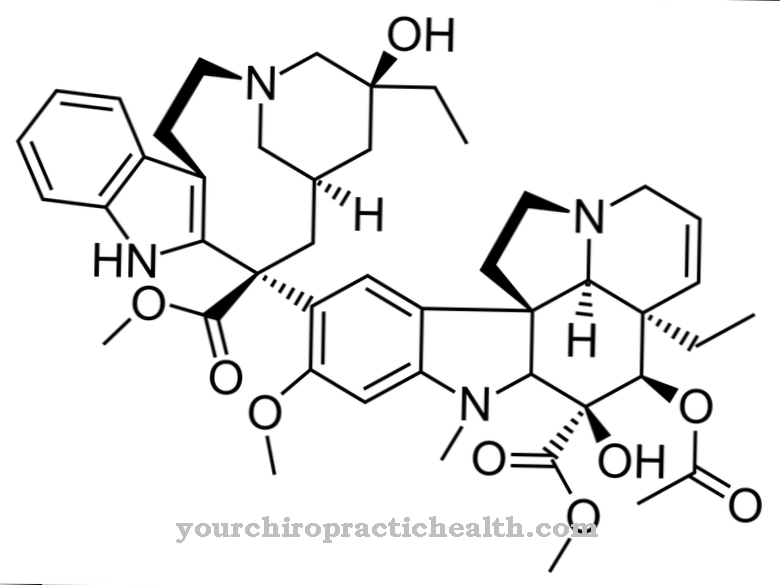




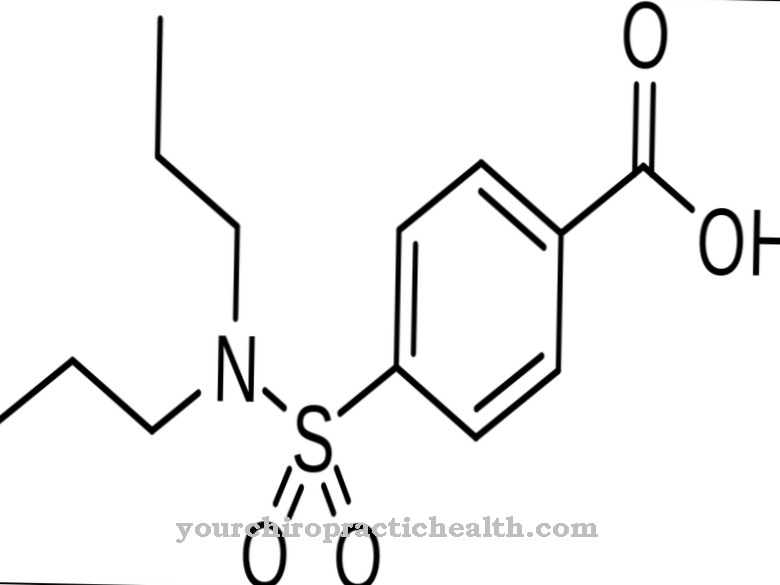





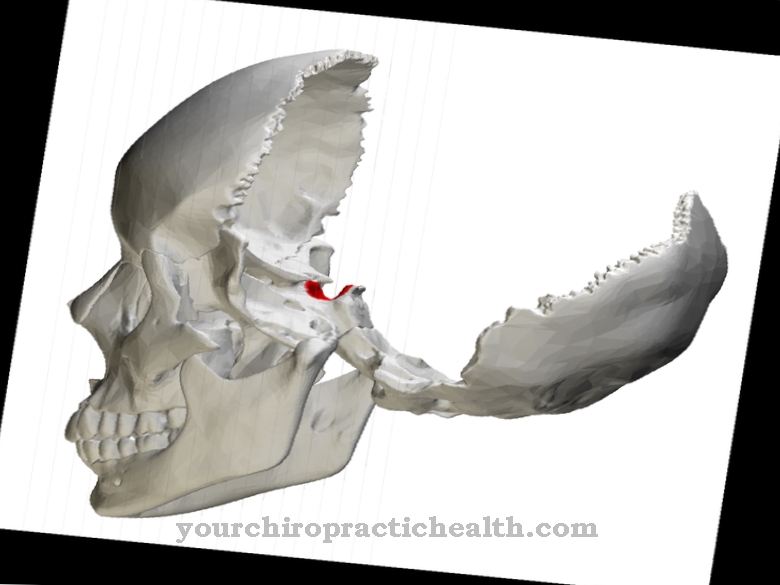


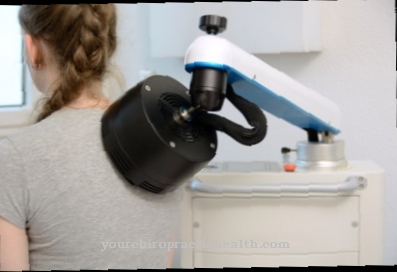
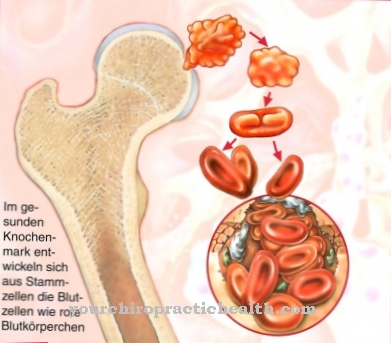


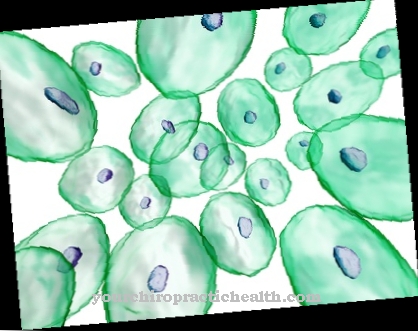



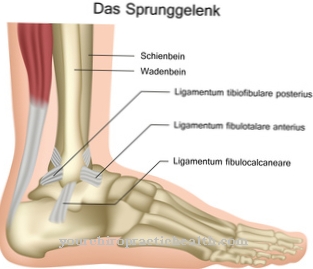

.jpg)

.jpg)
